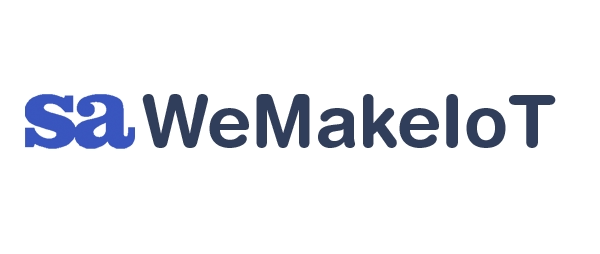The exploding population around the globe has thrown in many challenges to agriculture and food production. Against the many hurdles of resource depletion, climate changes, and environmental impact resulting from intensive farming practices, the rising demand for food has to be met. IoT applications technologies like IoT in agriculture could have the greatest impact to sustainably improve agricultural productivity to meet these increasing demands.
Smart farming involves the integration of advanced IoT applications technologies into existing farming practices to grow food cleanly and sustainable for the masses. It is the application of modern custom IoT solutions into agriculture. Smart farming based on IoT applications technologies will enable growers and farmers to reduce waste and enhance productivity and monitor a host of parameters ranging from soil quality to farm equipment.
Future of agriculture – Precision and smart farming
New technology is revolutionizing the approach to agriculture and it can potentially deliver many benefits. Smart farming applications are proliferating with the promise to deliver visibility into soil and crop health, machinery performance, storage conditions, animal behavior, and energy consumption levels. Digital transformation helps the agriculture sector to improve productivity, ensure faster time to market, operate a streamlined supply chain and reduce waste as well as cost of operations.
The optimal use of IoT applications based technologies in agriculture can be done in the following areas –
- Sensors positioned around fields enable image recognition, helping farmers to view crops from anywhere in the world. These sensors collect, analyze and send data in real-time, alerting to any changes to crop growth that require response.
- These data also include weather conditions, soil quality, crop’s growth progress or cattle’s health. For e.g., the soil monitoring system would measure moisture, temperature, and electrical conductivity in the soil that tell farmers when and how much to irrigate.
- Cameras and sensors in the field also monitor crops for signs of a pest invasion. Once levels of pests reach critical mass, sensors alert the farmer. Algorithms and pattern-recognition technology are used to inform the farmer about water usage, amount of fertilizer or pesticide needed etc.
- Preventative maintenance for agricultural machinery can minimize unexpected costs and machinery downtime due to progressive damages. IoT enabled applications alerts farmers in real time when potential failures arise, removing the need for hands-on diagnosis.
- Drones allow farmers to visualize their fields and crops using an aerial source. Using these images and data, analysis can be done to assess soil quality and for planning seed planting patterns. It can conduct several tests on crops to determine if they are getting enough moisture and growing properly
- Equipments like generators, wind machines, and various pumps and valves located throughout the property can be powered on or off at anytime from anywhere using remote monitoring technology. It also can optimize refueling schedules by measuring the exact run times for a given amount of fuel.
- A further area is with robotics, where automated machines are increasingly being used for the activity of farming. For e.g., pesticide spraying and weeding devices can make the work faster and safer. Smart farms become more efficient and less reliant on people for labor-intensive practices of planting and field monitoring with the help of IoT solutions.
- A smart greenhouse can be designed with the help of IoT; this design intelligently monitors as well as controls the climate. Smart Greenhouse farming uses sensors that measure the environmental parameters according to the plant requirements. This design provides cost-effective and optimal solutions to the farmers with minimal manual intervention.
With limited resources available for agriculture, the way to increase productivity is to improve efficiency of farming practices. And smart farming is the answer to this. There is a huge opportunity for the IoT to transform the extensive range of equipment and farming practices in the sector. IoT innovations for agricultural operations can significantly increase profit margins by automation, remote and real-time monitoring, and allowing farmers to utilize resources more efficiently.
WeMakeIoT specializes in leveraging IoT technology to create end-to-end solutions not just in the automotive manufacturing ecosystem, but also across every manufacturing ecosystem. Building efficiency across the manufacturing network through industrial IoT applications is one of our core areas of specializations. Connect with us at https://www.wemakeiot.com/ to explore further options in IoT-driven manufacturing solutions



